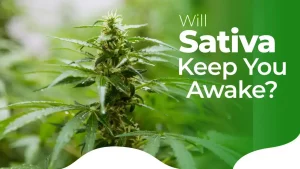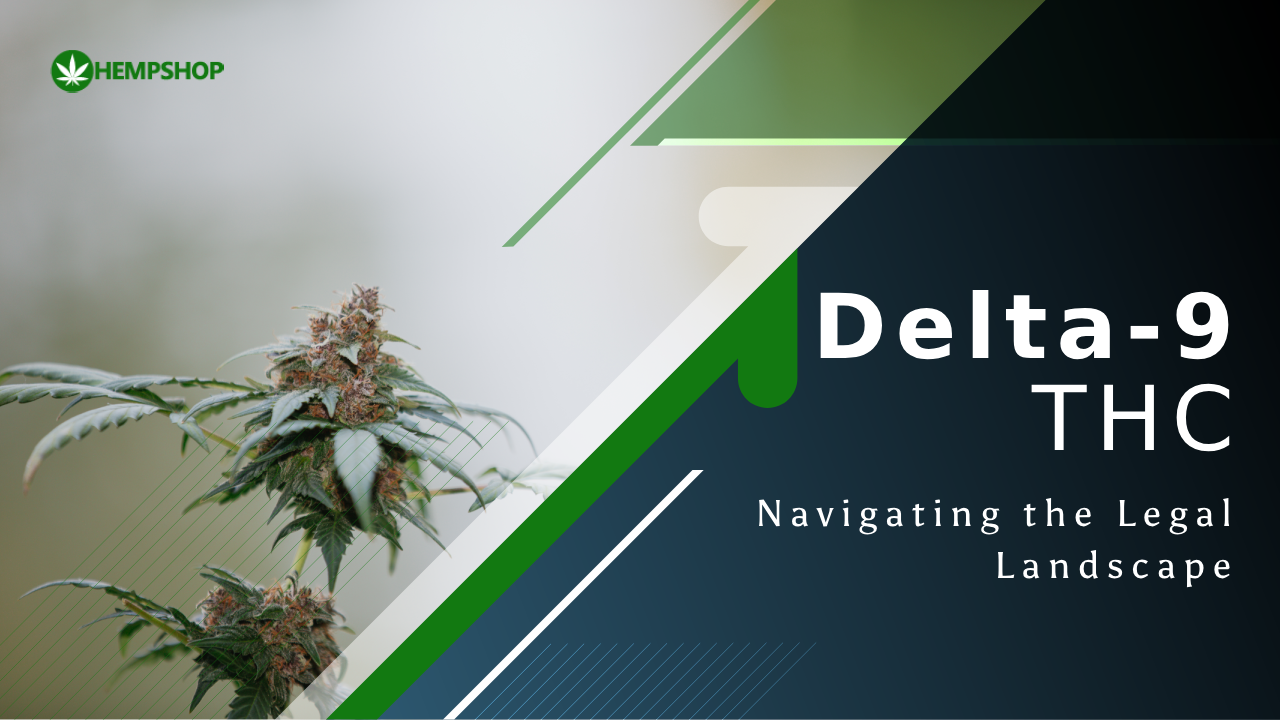There are links on this site that can be defined as affiliate links. This means that we may receive a small commission (at no cost to you) if you purchase something through the links provided on this website.
Delta-9 THC, the psychoactive compound most associated with marijuana, has become a topic of growing interest. But with its rising popularity comes confusion, especially regarding its legal status. This blog aims to clarify Delta-9 THC, its legality in Georgia, and the evolving legal landscape across the US.
Keynotes
- Delta-9 THC is federally illegal but some states have legalized it for recreational or medical use. In Georgia, Delta-9 from marijuana is illegal but hemp-derived Delta-9 (less than 0.3% THC) might be legal due to a recent court ruling (still under development).
- It may help with pain relief, anxiety reduction, and nausea mitigation.
- It can impair cognitive function, increase heart rate, and trigger psychosis in susceptible individuals.
- There’s a growing movement for national legalization of Delta-9 THC, potentially leading to economic and social benefits
What is Delta-9 THC?
It (tetrahydrocannabinol) is the primary psychoactive component found in cannabis. It’s responsible for the “high” sensation commonly associated with marijuana use. Delta-9 interacts with the body’s endocannabinoid system, influencing mood, perception, and pain management.
The Legal Landscape of Delta-9 THC
Federally, It remains a Schedule I controlled substance under the Controlled Substances Act. However, individual states are increasingly enacting their own cannabis laws, creating a patchwork of regulations.
Georgia’s Stance on Delta-9 THC
In Georgia, If It is derived from marijuana it is illegal for recreational and most medical purposes. However, there’s a recent twist:
- Hemp-derived Delta-9: A Georgia Court of Appeals ruling in 2023 suggests Delta-9 extracted from hemp (containing less than 0.3% THC) might be legal. This is a developing situation, and the Georgia Supreme Court could overturn the ruling.
Staying Updated on Legal Developments:
The legalities surrounding it are constantly evolving. Here are some resources to stay informed:
- National Organization for the Reform of Marijuana Laws (NORML):
- Drug Policy Alliance:
- Your state’s official government website
Potential Benefits and Risks:
Benefits:
- Pain Relief: Delta-9 THC has shown promise in alleviating chronic pain by interacting with the body’s endocannabinoid system.
- Anxiety Reduction: Some users report experiencing decreased anxiety and stress levels after consuming it.
- Nausea Mitigation: It has antiemetic properties, making it potentially effective in reducing nausea and vomiting, particularly in cancer patients undergoing chemotherapy.
Risks:
- Impaired Cognitive Function: It can impair cognitive function, affecting memory, attention, and decision-making abilities, especially in high doses.
- Increased Heart Rate: It can temporarily increase heart rate, which may pose risks for individuals with cardiovascular conditions.
- Psychosis: In susceptible individuals, particularly those with a predisposition to mental health disorders, Its consumption may trigger psychotic episodes or exacerbate existing symptoms.
Alternatives to It:
- CBD (Cannabidiol): CBD is a non-intoxicating cannabinoid that has gained popularity for its potential therapeutic benefits, including pain relief, anxiety reduction, and anti-inflammatory properties.
- CBG (Cannabigerol): CBG is another non-psychoactive cannabinoid known for its potential antibacterial, anti-inflammatory, and neuroprotective properties.
The Future of Delta-9 THC Regulation:
- National Movement Toward Legalization: With increasing public support for cannabis legalization, there is growing momentum toward reforming its regulations at the national level.
- Potential Economic and Social Benefits: Regulating it could generate tax revenue, create jobs, and reduce the burden on the criminal justice system. Additionally, legalization may promote social equity and reduce disparities in cannabis-related arrests.
User Experiences with Delta-9 THC:
Users may share their experiences with Delta-9 THC, highlighting both positive effects, such as relaxation and euphoria, and negative effects, such as paranoia and anxiety. It’s important to emphasize that individual experiences may vary, and Delta-9 THC affects each person differently.
Conclusion
Delta-9 THC presents a complex legal landscape, and its legality in Georgia hinges on its source and concentration. It’s crucial to stay updated on the ever-changing legalities before making any decisions.
Disclaimer
This blog is intended for informational purposes only and should not be construed as legal advice. Always consult with a qualified attorney to understand the specific laws in your jurisdiction regarding Delta-9 THC.










